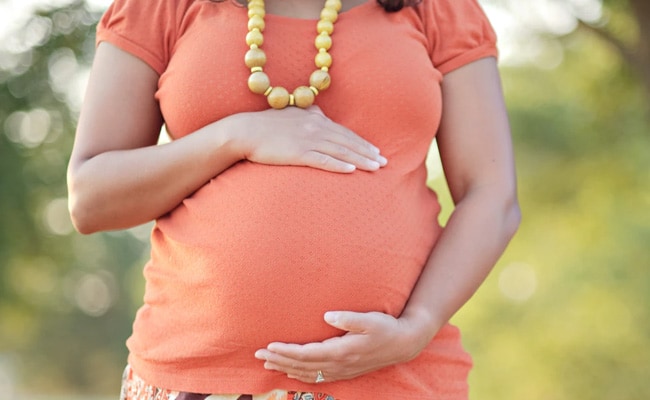
After a year of legal battles, Iowa on Monday became the latest U.S. state to enact a near-total ban on abortion, putting the issue of reproductive rights at the forefront of November’s presidential election.
The law bans termination of almost all pregnancies after six weeks – the point at which a foetal heartbeat can be detected – although many women do not know they are pregnant at this stage.
Previously, the Midwestern state allowed abortions up to 20 weeks of pregnancy.
The law, passed last year and signed by Gov. Kim Reynolds, was blocked by a judge but was reinstated last month following a narrow 4-3 decision by the Iowa Supreme Court.
“This morning, more than 1.5 million women in Iowa woke up with fewer rights than they had last night because of Trump’s abortion ban,” US Vice President Kamala Harris, the presumptive Democratic presidential nominee, wrote on X.
His Republican opponent, former President Donald Trump, appointed three conservative Supreme Court justices who in 2022 helped overturn Roe v. Wade, the landmark decision that guaranteed a national right to abortion for nearly 50 years.
Iowa law includes exceptions for cases of rape and incest, as well as situations where the life of the fetus or mother is at risk.
However, in states with similar bans, these waivers have often proven ineffective, as hospitals and doctors are reluctant to risk lawsuits, forcing women to seek care out of state.
“Patients will be forced to travel hundreds of miles from home to access abortion care if they have the means,” said Nancy Northup, president of the Center for Reproductive Rights.
“Other women will be forced to continue pregnancies to full term, even if they cannot decide what is best for their lives, health, families and futures. People with serious complications in pregnancy will be kept away from hospitals until their condition worsens.”
Challenging issue for Republicans
Iowa is now one of 22 states that have set stricter standards for abortion since the fall of Roe, ranging from outright bans to limits on early pregnancies.
Trump held a lead of more than eight points in Iowa in 2020, and is expected to win easily this time around too.
Still, the topic of abortion remains challenging for Republicans, who must deal with the risk of alienating independent and moderate voters.
A survey conducted in March by the Des Moines Register/Mediacom found that 61 percent of Iowans believe abortion should be legal in all or most cases, while 35 percent think it should be illegal in most or all cases — a trend consistent with the national survey.
Democrats, on the other hand, are buoyed by President Joe Biden’s decision to step down from the race in favor of Harris, who has long been seen as a true champion of reproductive rights in the administration.
“I don’t think people fully understand how angry women are about the Roe decision being overturned — Harris has the ability to make that clear,” feminist writer Jessica Valenti, who runs “Abortion, Every Day” on Substack, recently told AFP.
A YouGov poll released last week found Harris has a 12-point lead over Trump on the issue of abortion, significantly larger than the five-point lead Biden had over Trump in early July.
On the Republican side, Trump’s fellow candidate J.D. Vance has further highlighted the divisions between the two parties, expressing a desire to make abortion “nationally illegal,” voting against protections for in vitro fertilization, and comparing abortion to “slavery.”
(Except for the headline, this story has not been edited by NDTV staff and is published from a syndicated feed.)

